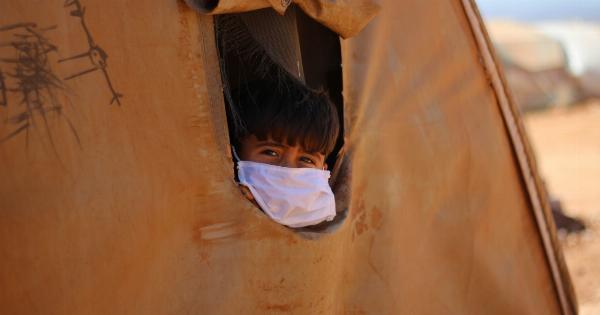The number of measles cases in the United States has continued to rise, with the total approaching the 3,000 mark. According to the Centers for Disease Control and Prevention (CDC), there have been 2,913 cases of measles reported in the U.S.
so far in 2019, with cases reported in 27 states. This marks a significant increase from the 372 cases reported in all of 2018, and it is the highest number of measles cases reported in the U.S. since 1992.
What is Measles?
Measles is a highly contagious viral disease that can cause serious health complications, including pneumonia, brain swelling, and even death.
The virus is spread through the air when an infected person coughs or sneezes, or through direct contact with an infected person’s bodily fluids or contaminated surfaces. The symptoms of measles typically include a high fever, cough, runny nose, and a rash that spreads across the body. Measles is preventable through vaccination, but outbreaks can occur in communities with low vaccination rates.
Why is the Measles Outbreak Happening?
The current measles outbreak in the U.S. is largely due to a growing movement of people who refuse to vaccinate themselves or their children.
This anti-vaccine movement is based on a widespread belief that vaccines are linked to autism, a claim that has been thoroughly debunked by scientific research. The anti-vaccine movement has gained traction in recent years thanks to a combination of social media, misinformation, and fear-mongering by certain politicians and celebrities.
What is Being Done About the Measles Outbreak?
The U.S. government has made several efforts to curb the spread of measles, including increasing funding for vaccination programs and launching public awareness campaigns.
The CDC has also urged health care providers to be on the lookout for measles symptoms and to report suspected cases immediately. In addition, some states have passed laws requiring children to be vaccinated in order to attend school, and several lawsuits have been filed against parents who refuse to vaccinate their children.
Why Should You Get Vaccinated?
Vaccination is a safe and effective way to protect yourself and your community from dangerous diseases like measles.
By getting vaccinated, you can help prevent the spread of the disease and protect those who may be at higher risk of complications, including infants, pregnant women, and people with weakened immune systems. Vaccination is also important for maintaining herd immunity, which is the protection that comes from a high percentage of people in a community being vaccinated.
What Can You Do?
If you haven’t been vaccinated for measles or you’re unsure of your vaccination status, talk to your health care provider about getting vaccinated.
It’s also important to spread accurate information about vaccines and the dangers of measles to your friends and family. By working together, we can help stop the spread of this dangerous disease.
Conclusion
The current measles outbreak in the U.S. is a concerning trend, and it highlights the importance of vaccination for public health.
By getting vaccinated and spreading accurate information about vaccines, we can help prevent future outbreaks and protect our communities.































